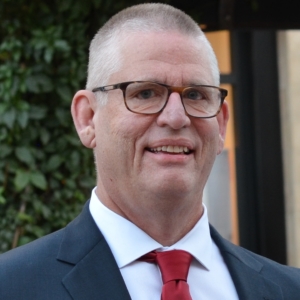CLINICAL PSYCHOLOGY
I am a cognitive behaviorally trained clinical psychologist licensed to practice in California. I have more than 25 years of experience in clinical practice much of that working with military veterans. From 1990-2017 I worked for the National Center for Posttraumatic Stress Disorder and in that role provided treatment services, research, and clinical education. I trained health professionals, chaplains, and students nationally and internationally on topics related to PTSD & trauma, Moral Injury, Grief and Loss, and Disability.
My clinical philosophy flows not simply from my training, but also from my life experiences. I received my graduate training at Fuller Graduate School of Psychology and was licensed as a psychologist in 1994. Prior to receiving my Ph.D. and while in school I worked in the technology arena as a computer operator in the early years of Silicon Valley’s emergence as a tech leader. I also attended San Francisco Theological Seminary, was ordained and served as a minister in a Presbyterian church for a number of years.
I value the role that spirituality can play in helping people manage and recover from both life and mental health challenges. However, I also recognize that for some religion and spirituality have played either a nonexistent or even a painful negative role in their personal history.
As a clinician I work alongside clients, using the resources that they are comfortable with, to help them move toward a life that is both meaningful and purposeful. I’m also a scientist. I value the knowledge gained through careful research and I feel it’s important to provide services that are state-of-the-art and “evidence-based.” I keep current with the scientific literature in the areas where I specialize. I have published many scientific articles and book chapters, and I continue to publish and be involved in research.
All human beings suffer and struggle. Most of us learn over time that life is far more difficult and challenging than we ever imagined when we were young. Some individuals are forced to learn that lesson very early in life, while others experience difficult challenges much later on. Psychologists are not immune from those challenges and struggles. One thing that is important to me however is to use therapeutic approaches with my clients that are not only evidence-based, but which I have also found to be useful in coping with my own personal struggles. In other words, I try hard to practice what I preach.
Much of my current clinical work utilizes Acceptance and Commitment Therapy (ACT). This is an evidence-based behavioral approach to care that utilizes compassion for self and others and the practice of mindfulness to help create a life that is values-based and works.

